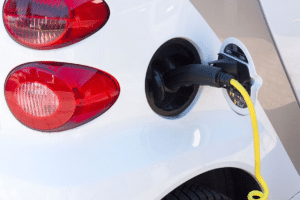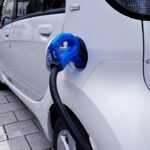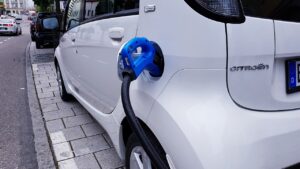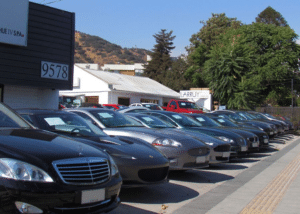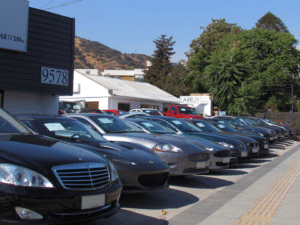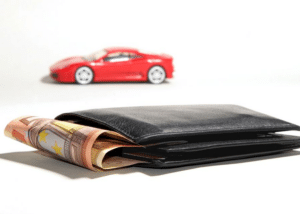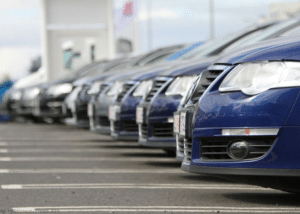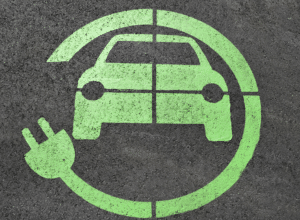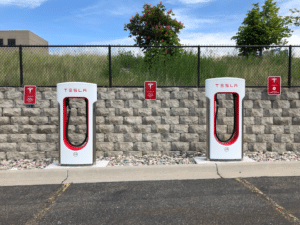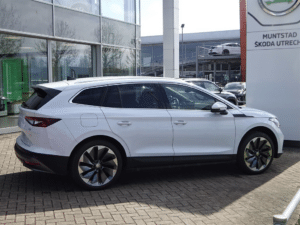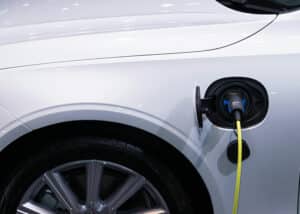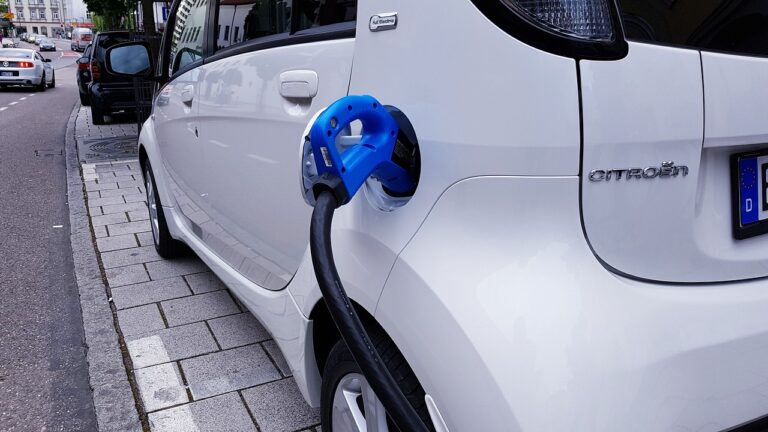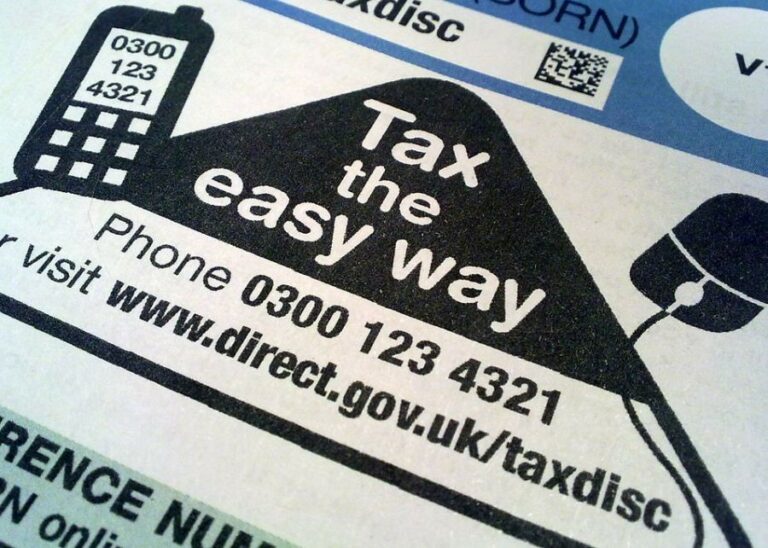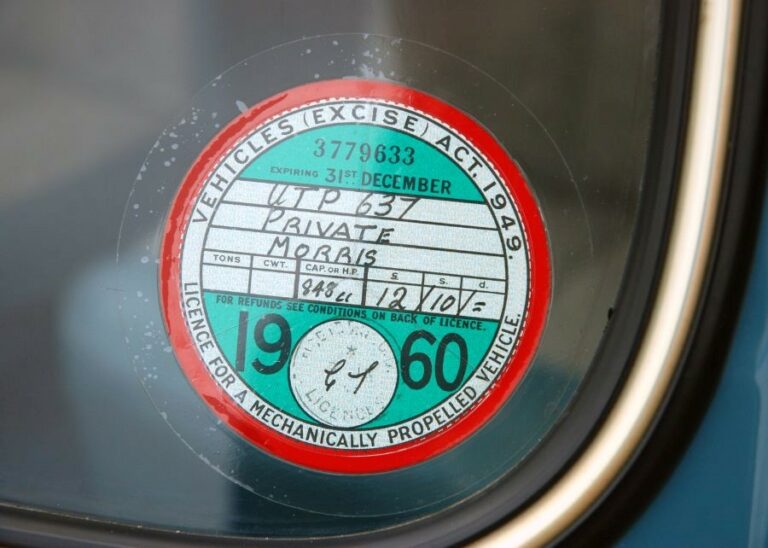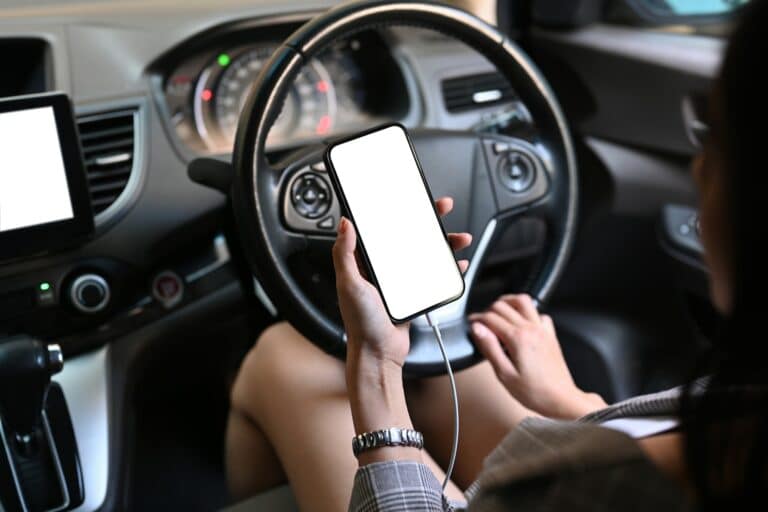When talk turns to electric cars, the first question that usually springs to mind is, “how long to does it take to charge?”.
To be fair, it is a very good question but I’m afraid that the answer is very whispy as it very much depends on various different things.
So before you go trading in your current car for a more energy-efficient electric vehicle, let us take you through what the crack is with electric vehicles and some of the most frequently asked questions.
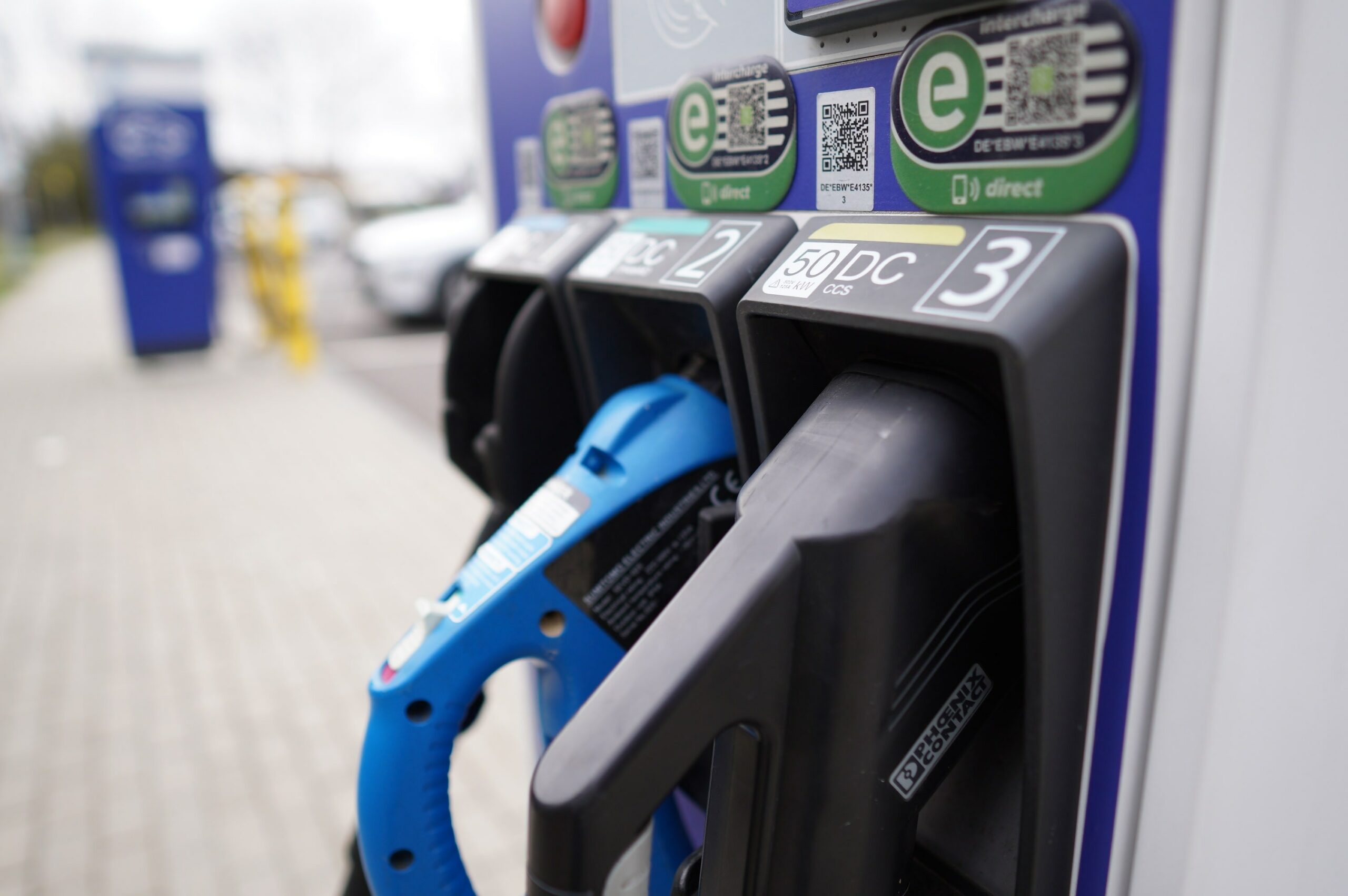
Types of electric vehicle chargers
Basically, there are various different types of electric car chargers and nearly every electric vehicle comes with a factory-provided charger, which as you can imagine is just a standard charger. However, if you want a more efficient charger, then you’ll find that other manufacturers tend to offer these and they can either be installed by a third party or installed at petrol stations as you’ve probably seen already.
Here’s a brief rundown of the different type of chargers available:
- Manufacturer Level 1 (3.7kW): This is the most basic form of electric vehicle charging that comes with a standard three-prong household plug on the end. They don’t usually require installation by an electrician and dispense electricity at a wall outlet’s normally 120-volt rate.
- Manufacturer or third party Level 2 (6.6kW): Providers often offer quicker charging 240-volt units. Residential Level 2 chargers are normally installed by an electrician but they can also be found in public places, such as car parks, offices and other commercial locations.
- Manufacturer-built standalone fast charger (150-250kW): We’ve all heard of Tesla, which use a supercharge network of 480V direct-current system. This supercharger network only works on Tesla vehicles though.
- Third-party standalone fast charger (150kW): Similar to Tesla’s supercharger network, this third-party standalone charging network uses a 480-volt system, which you might have heard of being referred to as DC fast charging. This charging network can accommodate several different electric vehicles which can include, Chargepoint and EVGo.
How long does it take to charge an electric car?
Now that you’ve got an idea of the different types of electric car chargers available, your next question is probably going to be well how long does it take to charge? There’s no set time but here is some guidance.
So depending on what type of charger you have used to charge your electric car, depends on how long your electric car will take to charge.
Generally, though, an electric car can take anything from 25-40 minutes up to 11-30 hours. As you can probably guess, if you’re using a fast charger, then you can expect your electric car to be charged much quicker than a manufacturer charger.
What are the different factors that affect charge speed?
The rate at which an electric car is able to charge is very much dependent on various different things
Here are just some of the different factors that affect an electric car’s charging speed:
- Charger type: the type of charger that is being used will determine whether you’re there for a quicky or whether you’re in it for the long haul.
- Number of electric vehicles connected to a station: usually, the more electric vehicles connected to a charging station at one time, the slower the charge rate. This is to be expected given that the same amount of power is needed but for more electric vehicles.
- Temperature: if you love your cars, then you’ll know that different temperatures can affect a battery’s performance, especially cold temperatures. Cold temperatures can also affect the range of an electric car.
- Vehicle’s battery size: as you’re probably already aware, electric vehicles don’t all come with the same battery size. It is the size of the battery that determines how quickly the battery can charge. For example, some Tesla models come equipped with a high-capacity battery, whereas other electric vehicle manufacturers don’t and are not as high.
- Time of the day: even the time of the day can affect how quickly your electric vehicle’s battery can charge. For example, delivery power could be affected by the time of day that you choose to charge your car. If you were to charge your car during peak usage hours, then you should expect a slower charging rate.
In the future, it is expected that other charging solutions such as wireless charging may come into force, which would be brilliant! However, this is still under review and as you can imagine there are lots of different things that are currently being debated in terms of usability and how wireless chargers will be able to deliver maximum efficiency.



















